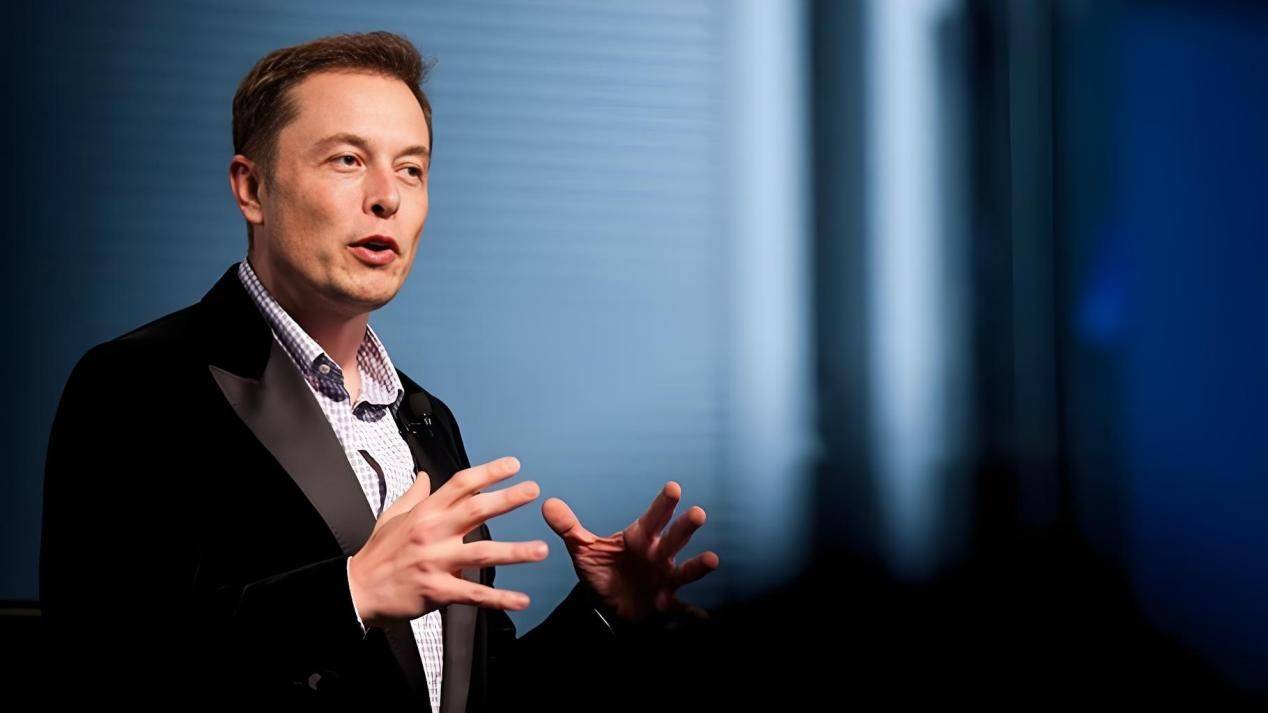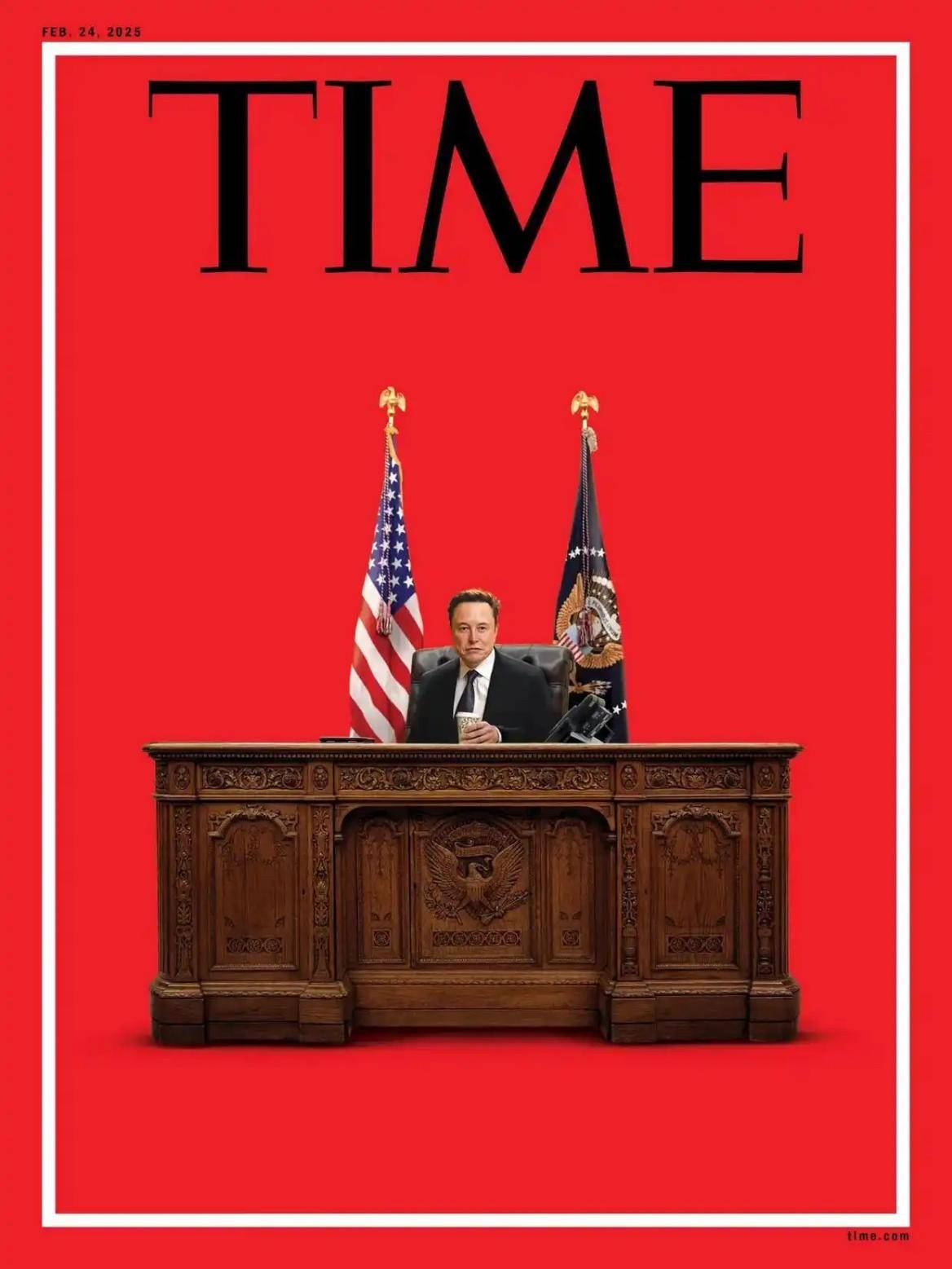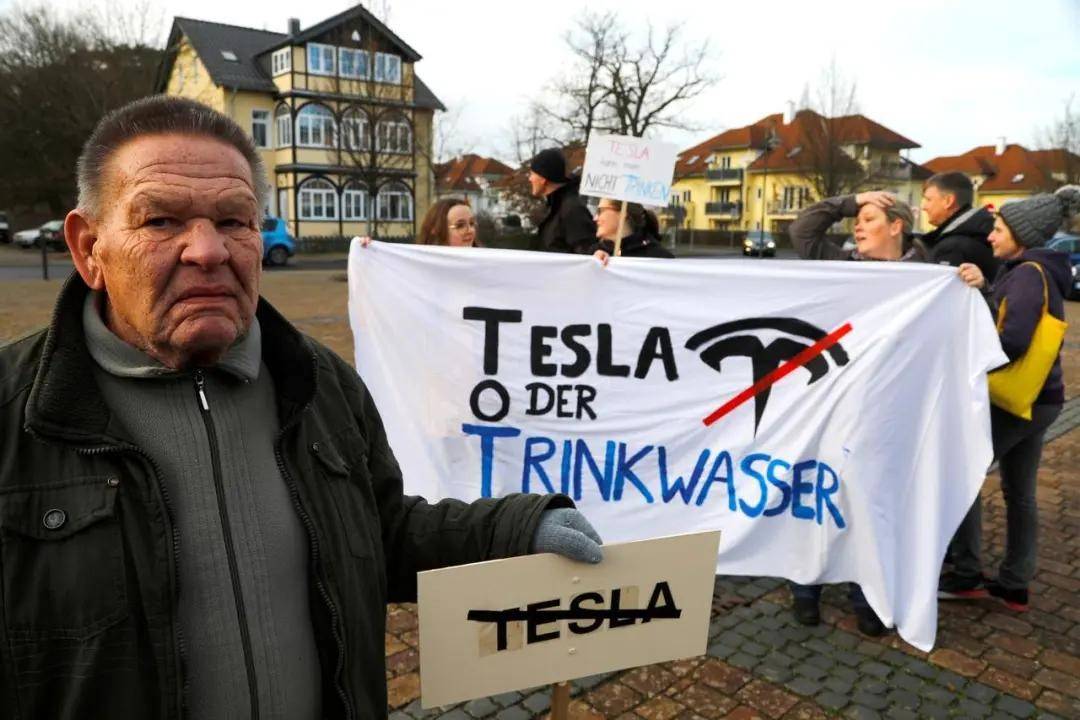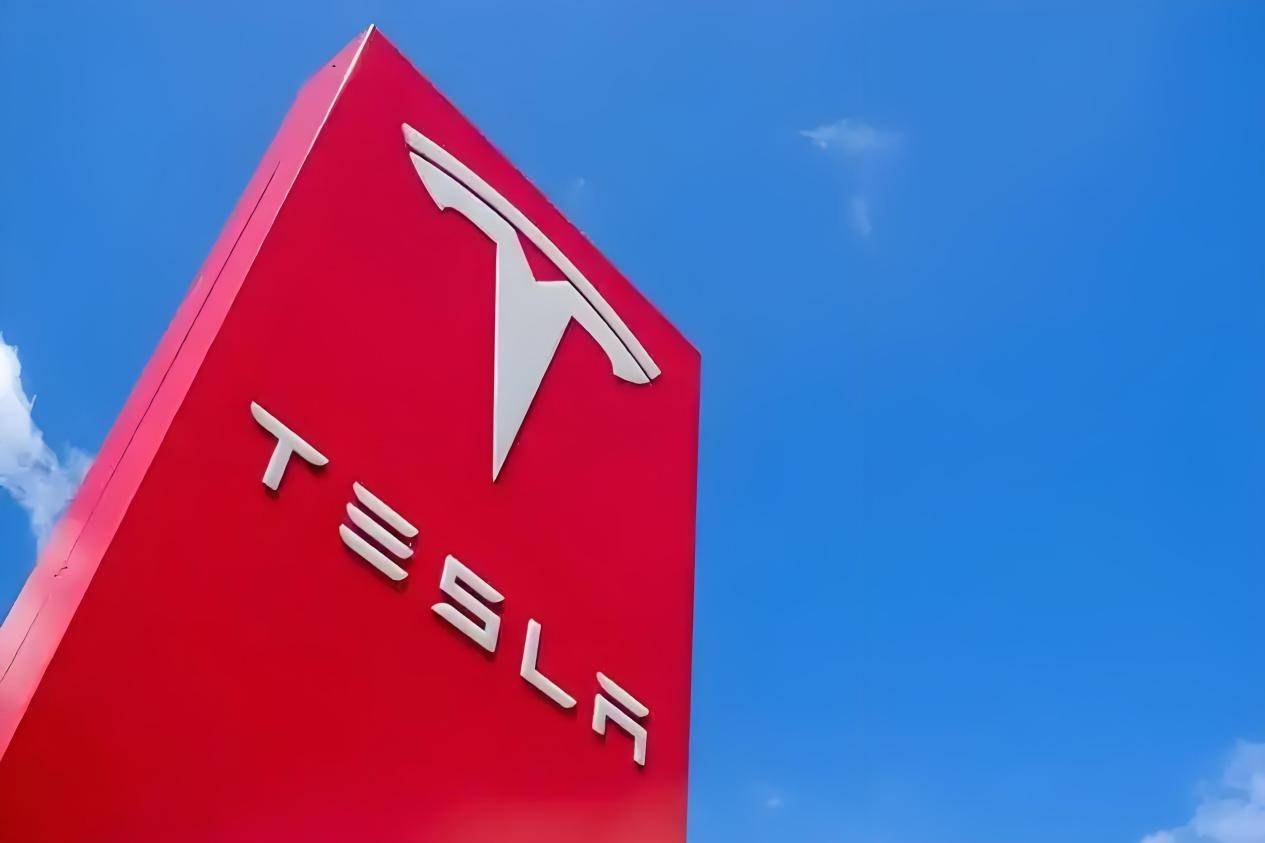Tesla's Urgent Need to 'De-Musk'
![]() 03/20 2025
03/20 2025
![]() 833
833

In 2004, Wang Chuanfu, resolute in his commitment to new energy vehicles, produced his first real car. Across the ocean, Elon Musk invested approximately $6.3 million in Tesla Motors, joining its founding team. Since then, Tesla, the global electric vehicle (EV) giant and the industry's most influential company, has been inextricably linked with Musk's name, from internal disputes to his eventual control.
As Tesla's soul, Musk propelled the company to surpass Toyota, becoming the world's most valuable automaker, repeatedly breaking sales records and dominating the global market.
However, following Trump's election victory last year, Musk became embroiled in politics, with the intertwined web of power and interests amplifying the instability around him. This concern has been validated by events. Since February, a grassroots campaign dubbed 'Tesla Takedown' has swept through 37 U.S. cities, as well as Berlin, The Hague, and Victoria, Canada.
Some participants persuade customers to leave Tesla showrooms and sell their stocks, while others stick stickers on their cars proclaiming, 'I bought this car before he went crazy,' to express their stance.
This may be Tesla's most severe brand crisis since its inception. Musk's high-profile political actions increasingly stir public resentment, inevitably tarnishing Tesla's image.
'Demystifying' Musk
On December 13, 2021, Time Magazine named Elon Musk, CEO of Tesla and the world's richest man, its Person of the Year for 2021. This year, Tesla's market value reached $1 trillion, SpaceX signed NASA's first exclusive contract since 1972 to send astronauts to the moon, and Musk's net worth peaked at over $300 billion. The editor-in-chief of Time Magazine explained the choice: Musk is reshaping life on and beyond Earth.
Recently, a new issue of Time Magazine again focused on Musk, but this time with sarcasm. The weekly magazine's cover, against a solid red background, features Musk holding a coffee cup, with a presidential desk in front and the American and presidential flags behind, portraying him as a 'president.'

As Musk has become more active in politics, serving as the head of the U.S. government efficiency department (DOGE) and expressing a series of political views, this once-revered 'empire builder' and real-life 'Iron Man,' seen as a startup icon, has descended from his pedestal, becoming a 'sinner' in the eyes of many.
For Tesla, a more dangerous aspect is that Musk's 'collapse' is causing it to lose its most loyal user base, including environmentalists, tech elites, and liberal urban middle classes. Environmentalists, who initially embraced Tesla for its pioneering role in the EV market, are now alienated by Musk's actions, such as pushing for the elimination of federal EV tax credits through DOGE and questioning the urgency of climate action, aligning himself with Trump's stance on global warming and environmental issues.
In 2023, a Bloomberg survey of over 5,000 Tesla owners revealed a heightened resentment towards Musk. A Morgan Stanley survey found that 45% of respondents believed Musk's efforts to improve government efficiency and other political activities had a 'negative' impact on the company, while 40% said the impact was 'extremely negative.'
The demystification of Musk by fans has already affected Tesla's market performance. In many European countries, Tesla sales have plummeted, for example, by 63% in January and 26% in February in France, and by 76% year-on-year in February in Germany, with only 1,429 cars sold. In Italy, Portugal, Norway, Denmark, and Sweden, sales fell by 55%, 53%, 48%, 48%, and 42% year-on-year in February, respectively.
In the U.S. domestic market, Tesla sales also decreased by 5% year-on-year in February, marking the fourth consecutive month of decline.
Musk, thriving in the political storm, naturally disregards these criticisms, but Tesla, its shareholders, and employees are concerned.
Can Anyone Replace Musk?
Genius, madman, paranoid, heretic... These labels on Musk easily evoke another iconic figure - Steve Jobs.
In 1985, 30-year-old Jobs was ousted by his partner Sculley, whom he had personally brought in. Due to sluggish Mac sales, Sculley, as CEO, sought to remove Jobs from his product head position, with the board members siding with Sculley. Thus, Jobs was unceremoniously kicked out of the company he built.
This was not solely due to Sculley's 'betrayal'; Jobs' irritability, stubbornness, arrogance, and rudeness were key reasons why the board supported Sculley.
When a company's image is overshadowed by the founder's aura, the individual's 'flaws' may hinder the company's development. Jobs' expulsion from Apple has shown how a business entity might respond. Currently, under the strain of declining global sales and Musk's 'unprofessionalism,' Tesla's share price has fallen by nearly a third. Perhaps what Tesla needs now is not a CEO who can build rockets and go to Mars, but a new brand image that does not irritate consumers.
Previously, reports emerged from an internal recording revealing that at a recent employee meeting, Tesla employees and senior management openly expressed their concerns, even suggesting that the company might be better off if Musk resigned.
But the question remains: who can replace Musk and take over Tesla?

The Tesla board has no clear answer. When Musk's focus was divided by his acquisition of Twitter and SpaceX, the board questioned his 'part-time status' as Tesla's CEO. According to former Tesla director Antonio Garcia, the board once considered finding a replacement for Musk but failed. "We couldn't find the right person," Garcia said.
In 2023, Tesla disclosed in a regulatory filing with the U.S. Securities and Exchange Commission (SEC) that the company's four global senior executives are CEO Elon Musk, CFO Zach Kirkhorn, Senior Vice President of Powertrain and Energy Engineering Andrew Baglino, and Chinese executive Zhu Xiaotong, responsible for China operations.
Those initially hoped to become successors were likely among these few, but last year's internal upheaval among senior executives and wave of layoffs saw Andrew Baglino leave directly, Zhu Xiaotong recalled to headquarters, and after several transfers, he returned to Greater China. Zach Kirkhorn left even earlier. This turmoil disrupted the long-standing stability of Tesla's senior management layer, making the successor's identity even more unclear.
Of course, even if the board finds the right person, replacing Musk is not as straightforward as when Apple expelled Jobs.
Will Electric Vehicles Become Musk's 'Discarded Child'?
Recently, The New York Times published an article stating that as Tesla's CEO, Elon Musk is now obsessed with right-wing politics, dedicating his energy to cutting government spending for the Trump administration rather than addressing the dangers facing the EV company. Musk seems to be paying less attention to Tesla's core business: selling cars.
Observing Musk's recent actions and statements reveals a declining focus on Tesla. For instance, during the earnings call after Tesla's financial report was released at the beginning of the year, Musk spoke extensively about FSD but said nothing about car manufacturing and sales. Another example is Musk's long-hyped cheaper Tesla model, which he revealed would be launched in the first half of last year, but he has since said nothing about it, as if forgetting his boastful promise. Conversely, Musk is keenly interested in the Optimus robot, stating that 10,000 units will be mass-produced this year.

In Musk's roadmap for Tesla, the company has essentially completed the first two steps, with the third step being to fully enter the stage of autonomous driving and the energy sector. When a financial analyst asked him to elaborate on how to leverage Tesla's autonomous driving technology to sell more cars, Musk was perplexed and said he didn't understand the question.
We believe that the intelligent driving system represented by FSD (Full Self-Driving) is a powerful tool for future automakers to compete in the market and capture more consumers. However, Musk seems to be using EVs as a springboard to focus on autonomous driving, truly becoming an autonomous driving business company.
In fact, it is the autonomous driving blueprint that has long supported Tesla's high valuation. According to an international bank's valuation: Tesla's entire vehicle business is worth $89 per share (assuming sales will reach 5.3 million units by 2030), while the autonomous driving business is worth $168 per share (assuming that by 2040, 65% of Tesla owners will subscribe, with a service fee of $200 per year).
Selling cars is 'auxiliary,' while autonomous driving is 'primary.' From this perspective, Musk's push through DOGE to eliminate federal EV tax credits makes sense: compared to using policy incentives to sell cars, he may prefer to use Trump's influence to remove obstacles to autonomous driving in the U.S., paving the way for Tesla's self-driving taxis and autonomous driving business. This may also be what investors hope for.
But is it time to shift Tesla's focus from car manufacturing and sales to autonomous driving now?
The technology may not yet be mature. In February this year, FSD, which Musk had high hopes for, began being pushed to domestic users. However, due to data transfer issues, the Chinese version of FSD (renamed 'Intelligent Driving Assistance Function') can only collect road data through 'watching videos' for training, making it difficult for Tesla to cope with China's more complex road conditions, showing 'unacclimatization,' and even struggling with bus lanes.
Although FSD got off to a rocky start, its emergence has shifted Chinese automakers' focus to intelligent driving systems, accelerating the intelligentization of China's EVs. In the future competition of autonomous driving, Musk cannot afford to ignore Chinese 'rivals.'
For Musk, the story of EVs may be almost complete, and even if he abandons Tesla, he still has many new stories to tell. For Tesla, if it wants to continue gaining the favor and admiration of the capital market, it still has to rely on Musk's stories. The risks brought about by Musk's every move have also become a sweet 'burden' that it must accept.
Daozongyouli, formerly known as Waidaodao, is a new media outlet in the Internet and technology circle. This article is original and any form of reprint without retaining the author's relevant information is prohibited.







